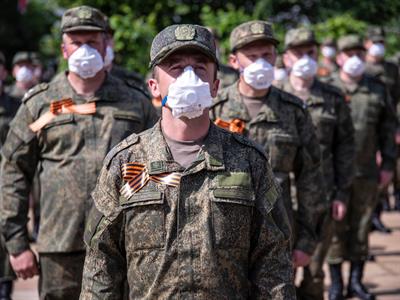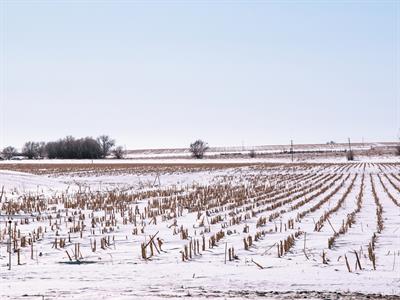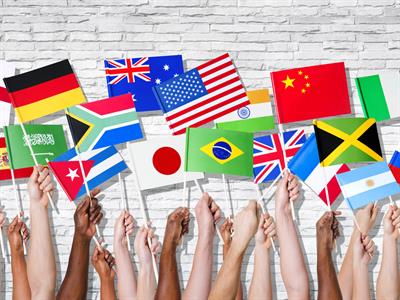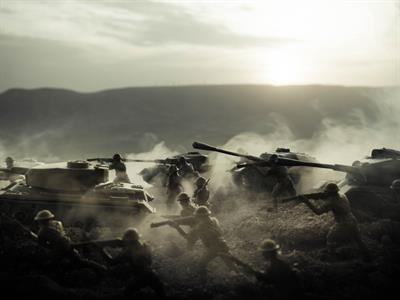PDF chapter test TRY NOW
James Kirkup discusses an important and serious topic called 'equality' in his poem 'No Men are Foreign'. The poem is a wake-up call for people who believe in wars and violence to take over other people's land or identity. It starts with the word 'remember', indicating that he is about to speak on a significant subject that all human beings need to hark back on. Kirkup, having lived and experienced the trauma of the Second World war, where war destroyed human beings, stresses on how men need not fight against each other. He focuses on how men assume that other men who belong to a different race, colour, belief are their enemies and treat them different.
Kirkup says that no men are strange. They are all the same. This does not mean that all men look alike. Human beings can be tall, short, dark, fair, as they differ in terms of physical features. They can also belong to different countries across the World, thereby following their place's religious and cultural practices. But this does not make them strange. Accepting people's differences and understanding that people do not necessarily need to have similar likes, beliefs, looks etc, makes a person mature. Differences do not make people strange. The fact that people come from across boundaries also does not make them prone to unequal treatment. In fact, Kirkup says that no country is foreign. People created these rifts and boundaries and claimed those pieces of land as theirs. But in reality, the world is home to all people, and there is no such place that is foreign.

People are equal irrespective of differences
Making a reference to the Second World War, where men in uniforms fight each other, in the name of countries, Kirkup says that only the uniform is different and not the humanity inside them. A soldier who has pledged his allegiance to a particular country fights and kills soldiers who wear the uniform of other countries. But beneath the uniform of both countries, it is a single body that breathes, in the sense that both belong to the same human race. The body and feelings of all individuals are the same, even if the colour of the attire is different. Life thrives in that body just like all other individuals. The earth is home to all of us, and the land that we walk upon is the same land that the other person also walks. We do not have any right to draw a boundary and claim earth as our own place. It belongs to all individuals born on earth. It is the same earth that we shall all be buried in after our soul leaves the body. This indicates that we can fight all we want for land and superiority, but ultimately it would not matter when we die.

Soldiers in uniforms*
In the second stanza, the poet paints a picture with his words as to how mother nature has provided resources in abundance. In reality, all the resources that a human being needs are already available. But in the long run, when people became greedy, things started changing for the worse. They wanted extra and started hoarding up. Differences started arising between people, and they fought for more without realising that all they wanted was already present within nature. All individuals are exposed to nature and resources like sun, air and water, and therefore are almost similar. Nature does not discriminate against humans.

Natural resources - sun, air, water
The poet emphasises more on the need to promote equality among human beings by giving instances of how farmers produce a harvest that suffices as food for all the people in the world. When there is a war, countries face scarcity in terms of food production or economy, which the poet compares with the winter season when there is less harvest. He also says that our hands are similar to them, indicating that everyone works hard to sustain life, and therefore everyone's life is equally important and precious. Their labour is not in any way different from each other.

Harvest during winter
Kirkup then says that all human beings are created and seen equally in the eyes of God. The ability to see, hear, touch, taste, and feel are blessings bestowed on each individual. In spite of differences in race, colour and appearances, the physical features and emotions are common. People from across boundaries open their eyes to a new morning every day and close their eyes when they sleep. This indicates that people all over the world have dreams, aspirations, hopes and every day they wake up, they go about pursuing it. The poet also says that people possess strength. But this strength is not the one to be tested with wars, rather it will only be submitted to the power of love. No matter where people are or what culture they practise, love is a universal language. Since all human beings lead the same kind of common lifestyle, it is easy to empathise and understand each other and allow others to live.
The poet again urges the readers to remember the need to treat everyone equally, taking the tone used in the first stanza. The world has been manipulated into believing certain things that are not necessarily the truth. He asks the readers to be vigilant of what they are being told by the society. In the present world that is being materialised and commercialised, we are often told that one has to fight each other to reach the top, which is simply not true. We are asked to hate our own brothers and sisters who live across the globe. We are all similar people and deserve to live happy and peaceful life. When we hate our brothers, it is indirectly a way of hating our self because they are just a part of us. It is a way of betraying oneself as God has created life only to thrive and not to condemn and pull down each other. When we take arms and weapons to kill people across boundaries, just to satisfy our greed and hatred, we are only pursuing unwanted and irrelevant quests.

Boundaries do not create differences
The earth belongs to all human beings, and when one decides to take a life, it is worth polluting it. During wars, several dead bodies are spewed across the lands, thereby damaging the purity of the land. No one has the right to strip away the right to live off another human being. The poet compares the fires that are shot and the dust that ensues a war to hell, as it causes trouble to everyone who is associated with it. The family of the soldier who dies might be affected as well, even if they do not have any direct involvement. The world, in general, possesses an innocent air that might be completely polluted by the weapons and death caused by over-ambition and hatred. Humans should only aim to make earth a better place and not pollute it with dead bodies, dust and smoke. In short, one should always remember that no men are foreign. It is humans who developed these terms such as foreign, different etc. No country is strange, and no man is different, as everyone is equal who has all the rights to live a good life.

Commotion during war
Reference:
Soldiers in uniforms*: Dragan Mujan / Shutterstock.com
